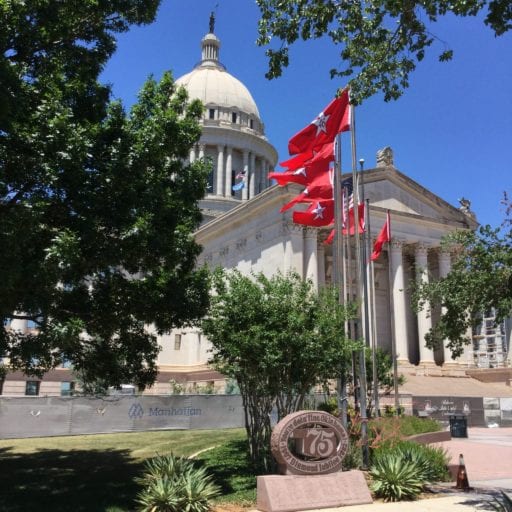BY DAVID PERRYMAN
 In the early 1960s my parents used Dad’s VA eligibility to buy 80 acres and an old house. His job teaching agriculture kept him running and the absence of a local veterinarian made him the area “cow-doctor” as he and Mom worked to keep their growing family clothed and fed.
In the early 1960s my parents used Dad’s VA eligibility to buy 80 acres and an old house. His job teaching agriculture kept him running and the absence of a local veterinarian made him the area “cow-doctor” as he and Mom worked to keep their growing family clothed and fed.
He bought a few cattle and gradually built a herd by keeping the heifers and sending the steers to market. When spring and summer grass was gone, we fed hay and supplemented their protein with 20% range cubes. Every time Dad opened a sack of cubes, he would remind us that “those cubes are a nickel apiece; they go in the trough and not on the ground.” Maybe a little hyperbole, but we understood.
When my siblings and I were old enough to really help with the cattle, Mom and Dad bought the Southard place which allowed for more head. One of his earlier cows had given birth to a black-baldy heifer that we immediately named “Stranger.” Stranger was a family pet and had turned into a pretty good mama cow herself. The only drawback was that she had grown horns.
It had always been Dad’s intent to de-horn Stranger but it was not a priority. That is, until the cold winter day when, just as he opened a sack of cubes and swung the sack up under his arm to pour it into the trough, Stranger walked up behind him and caught the feed sack with her horn and spilled the entire 50 pounds of cubes on the ground.
Immediately priorities changed. As soon as we picked up the spilled feed, we moved Stranger to the head gate in the cattle pen and without further ado, her horns were no more. Priorities are funny things like that.
Whether we are talking about public education or economic development or rural health care or roads and bridges, Oklahoma has a litany of long neglected situations, each of which are detrimental to Oklahoma and its citizens, young and old.
It seems like state leaders are more interested in circling the wagons, cutting taxes and eliminating services than they are in planning for the future. Establishing priorities is the key to accomplishing goals and both require an investment in the future.
While much focus has been on oil and gas tax breaks and incentives and the fact that Oklahoma’s Gross Production Tax Rate on oil and gas production is less than one-third of the rate in most other energy producing states, less conversation surrounds the damage caused by the irresponsible income tax cuts over the past dozen years.
In what can only be described as a “rich get richer and poor get poorer” scenario, lowering the state’s income tax rate from 6.65% to 5% has decreased the state’s annual revenue by $1.022 billion while disproportionally benefiting those at the top of the income ladder. According to numbers released in January 2016 by the Oklahoma Policy Institute, the wealthiest 20% of Oklahoma households – those making on average $246,000 a year – have enjoyed 72% of the benefit and the top 5% of households – those making on average $568,000 a year – receive 43% of the benefit.
Meanwhile, those with household income of $62,200 and less – 60% of households – have received just 10% of the income tax reductions. Altogether, the wealthiest 1% of households in Oklahoma received nearly the same share of tax cuts as the bottom 80%.
According to those Oklahoma Policy Institute reports, the median Oklahoma household with annual income of $49,800 has seen its taxes reduced by $228, compared to a $15,519 cut for the average household in the top 1% [income of $476,600 and above].
Households making less than $21,700 – the bottom 20% of households – have received an average of just $4 per year from the income tax cuts. As a result, Oklahoma Policy Institute reports that the income tax cuts have left the poorest 20% of Oklahoma households paying 10.5% of their income in state and local taxes and the middle 60% paying 9.3% of their income, compared to just 4.3% paid by the wealthiest 1%.
Between income and gross production tax cuts it is no wonder that Oklahoma cannot afford five day per week schools and we are among the most unhealthy people in the country. Just a phone call or email will communicate to a legislator that, “Your urgent attention to the matter would be appreciated.”
– David Perryman, a Chickasha Democrat, represents District 56 in the Oklahoma House







